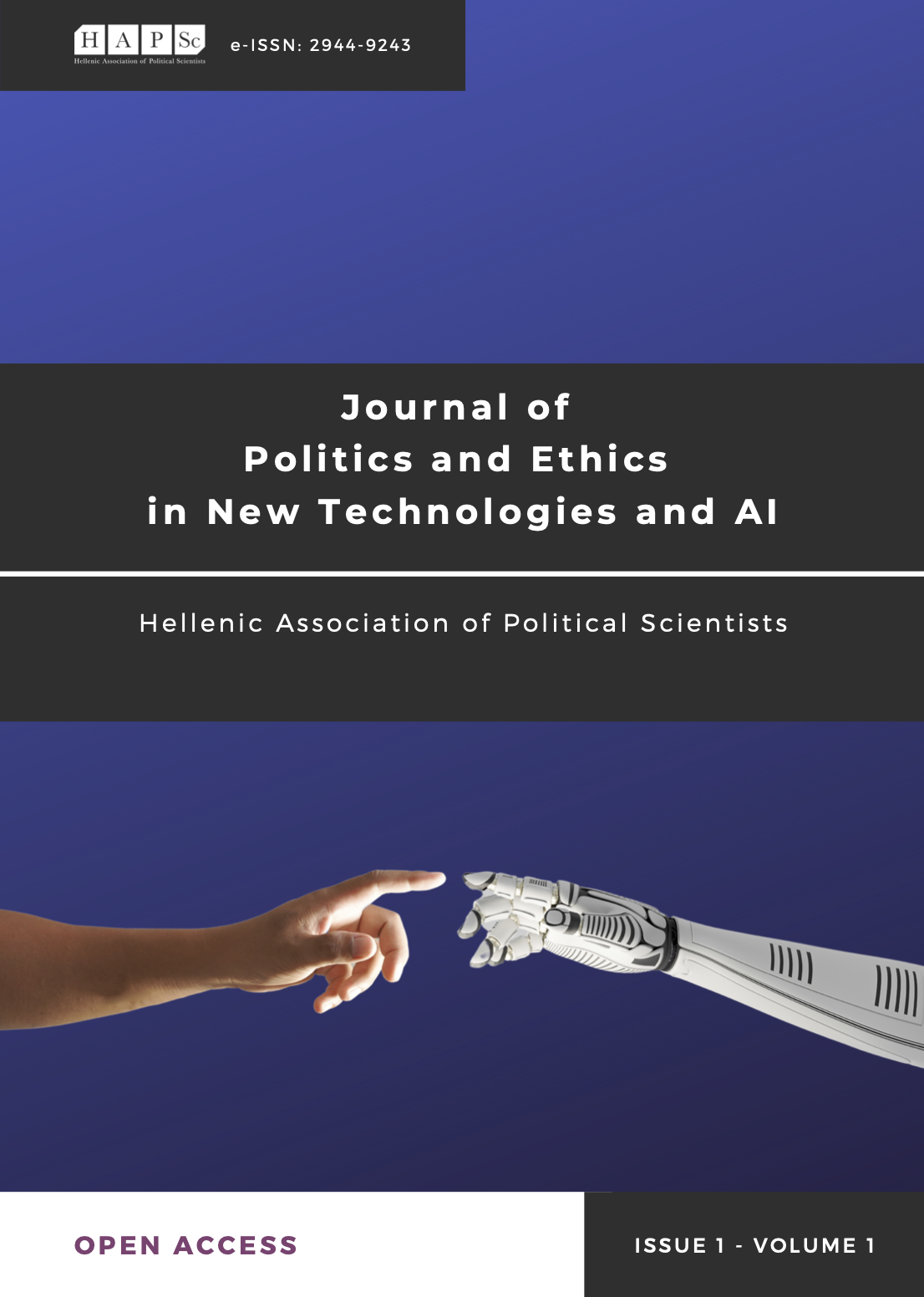Cryptocurrencies and the State: Can They Become Disruptive Enough to Overthrow the Status-Quo?

Abstract
Cryptocurrencies have grown to be very significant during the past two decades. Starting off at the way cryptocurrencies, specifically Bitcoin, operate, we move forward towards the discussion on their nature as currency and their disruptiveness. We navigate through the political character of Bitcoin over the years, the potential of Bitcoin and other cryptocurrencies to threaten a state’s sovereignty and an overview of state responses to cryptocurrency. Finally, there is a number of speculations and suggestions on how Bitcoin could grow and gain a less controversial position in the global economy.
Article Details
- Section
- Research Articles
Authors retain copyright and grant the journal right of first publication with the work simultaneously licensed under Creative Commons 4.0 (CC-BY 4.0) license, that allows others to share the work with an acknowledgement of the work's authorship and initial publication in this journal.





